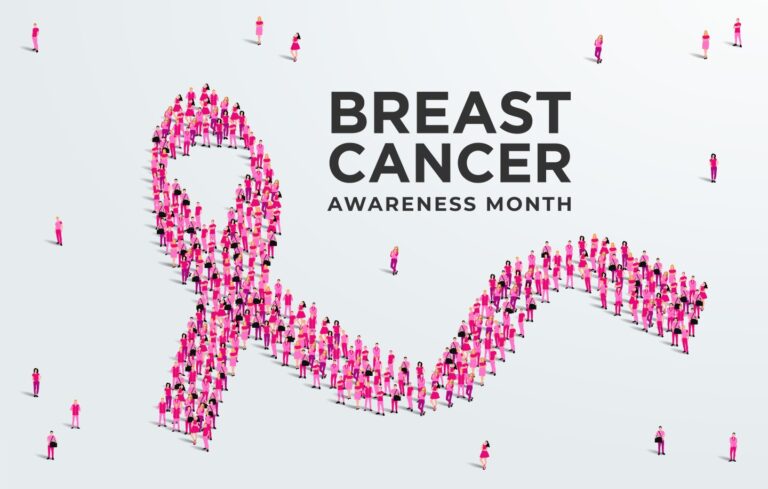We have significant experience of cancer negligence claims. Our expert solicitors will handle your claim professionally and sensitively, and are available at a time to suit you.
If you feel that you have experienced negligent medical care please contact our medical negligence team. Most claims are funded on a no-win-no-fee basis.
Vaginal cancer – the facts
The vagina is a muscular tube that extends from the cervix to the vulva, to enable menstruation and childbirth.
Vaginal cancer is rare, with fewer than 300 women diagnosed each year in the UK. Secondary vaginal cancer is more common. This is when the cancer starts in an area close to the vagina such as the cervix or womb, and then spreads to the vagina.
There are different types of vaginal cancer. The most common is squamous cell. This is where the cancer starts in the cells that line the upper part of the vagina. It predominantly affects women over 60. Adenocarcinoma is a rarer form of vaginal cancer. It starts in the glandular cells and usually affects women under the age of 30. Other rare types of vaginal cancer include melanoma, small cell carcinoma, sarcoma, lymphoma and clear cell cancers.
The risk of vaginal cancer increases with age, and if you have contracted the human papilloma virus.
Symptoms of vaginal cancer
The early stages of vaginal cancer are often symptomless. In fact 20% of women diagnosed don’t have any symptoms at all. Early signs may be picked up in a cervical smear test.
The symptoms of vaginal cancer can vary. However, about 80% of women will have at least one, or a combination of the following:
- Bleeding between your periods or after menopause
- Bleeding after having sexual intercourse
- Pain during sexual intercourse
- Vaginal discharge that has an odour or is blood stained
- A lump or growth in the vagina
- A vaginal itch that won’t go away
These symptoms are also caused by other more common conditions. However, it’s important to see your GP as soon possible to exclude cancer.
Going to see your doctor
If you start to develop worrying symptoms you should book an appointment with your GP.
Your GP will ask you about your symptoms and your medical history. Your GP should also do a full pelvic examination, and may do an internal examination. Your GP may then refer you for further tests or to a gynaecologist. A gynaecologist is a doctor who specialises in female reproductive health.
You may also be referred to a gynaecologist following an abnormal cervical smear test.
A biopsy may be done to make a diagnosis, determine which cells have been affected and the type of vaginal cancer you have.
Vaginal cancer misdiagnosis
It can be difficult for your GP to know whether your symptoms are cancer or symptoms of a less serious condition. It may be appropriate to wait to see if your symptoms continue. If they do, you are likely to need to be referred to a specialist.
There are some ‘red flag’ symptoms that indicate you may have vaginal cancer and need to be referred to a specialist. These are contained within the National Institute for Health and Care Excellence (NICE) guidelines. These say you should be referred to a specialist urgently if you have a lump in, or at the entrance of, the vagina. An urgent referral means that you should get an appointment with a specialist within 2 weeks.
As with other types of cancer, it is important that a diagnosis of vaginal cancer is made as early as possible to give the best opportunity for treatment to be successful. Sadly, sometimes cancer is not diagnosed as early as it should have been.
A delay in diagnosing vaginal cancer can happen as a result of:
- A failure by a GP to carry out a proper examination
- A failure to refer you for further tests
- A failure to refer you to a specialist
- An abnormal test result not being followed up
- A failure to provide appropriate treatment
- Your symptoms being mistaken for a different illness or condition
If you have experienced the above, you may be entitled to compensation. We appreciate that no amount of money can truly compensate you for the delay and its consequences, however it may help you at a time you need it most.
In addition to compensation for the difference the delay has made to your condition, you can also recover the cost of other expenses that you and your family incur. This includes the cost of future private medical care.














